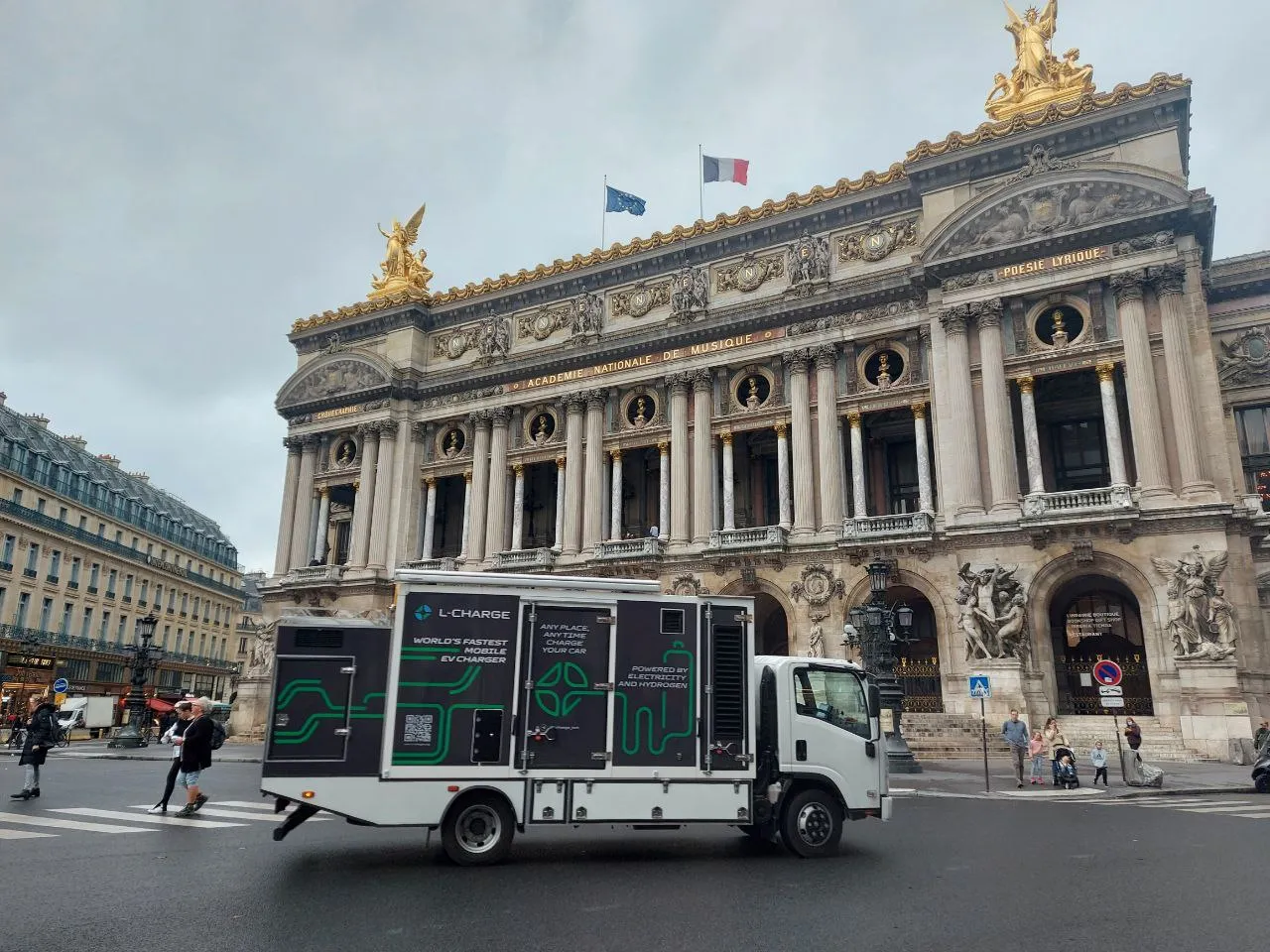Siemens Industry has announced that its new VersiCharge line of electrical vehicle charging stations will be available by the end of the year, adding residential charging to the company's existing portfolio of commercial, fleet and municipal charging solutions.
January 30, 2012
Read time: 1 min

Intended to be an integral part of a smart home's sustainable, energyefficient environment, these charging stations are Level 2, ready for 240V service and are available in two models, VersiCharge and VersiCharge SG.









